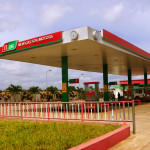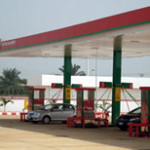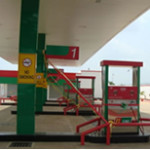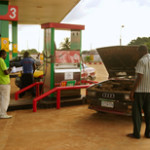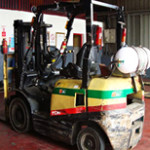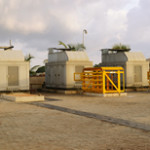In March 2007, NIPCO Plc made its presentation of its CNG project to the Inter-ministerial team of the Federal Government. In the same month FG accorded it’s approval to commence the proposed project at Benin City. NIPCO Gas was formed as Joint Venture Company between NIPCO and Nigerian Gas Company Limited (NGC) to implement the CNG project.
Currently NGC which is subsidiary of NNPC owns 55% of equity while NIPCO owns the balance 40% equity. NIPCO Gas has established 15 CNG running stations in Benin to provide an alternative for the Gasoline run automobiles. Presently it is in the process of constructing further 15 stations in and around Benin City. More than 5,600 vehicles have been converted to CNG for motorist in and around Benin City. As a result nations economy is strengthened as Gasoline imports are reduced.
Impressed with the impact of CNG in Benin, FG directed NIPCO Gas to expand its operations into other parts of the country. Hence a mega CNG station was commissioned at Ibafon, Ogun state, to convert automobiles to CNG as well as to supply nearby industries. Presently NIPCO Gas owns about 67 CNG cascades to ease CNG supply and distribution to industries in Ibafon axis. The Ibafon CNG station along with a city gas station has a larger compressing facility (12,000 scmt) for loading CNG to the nearby industries.



